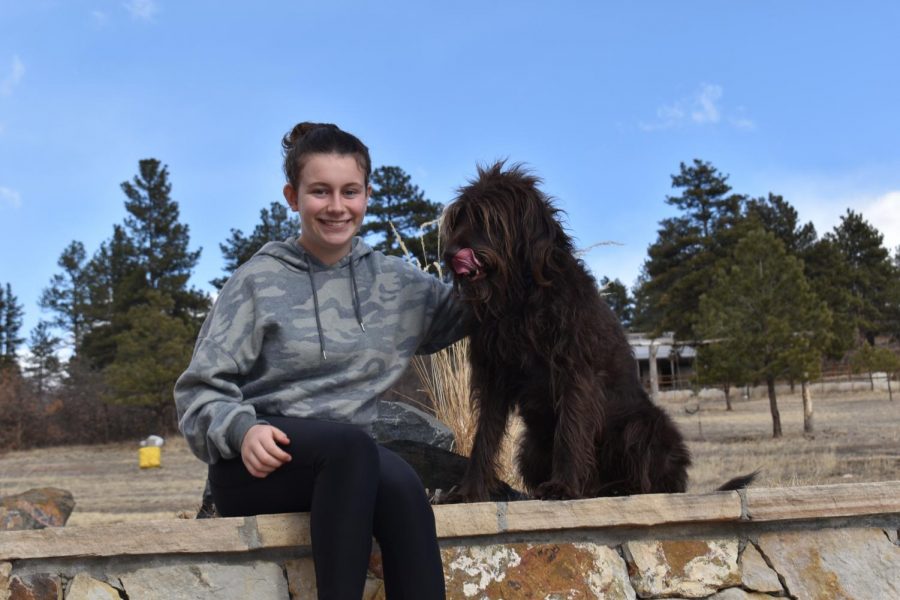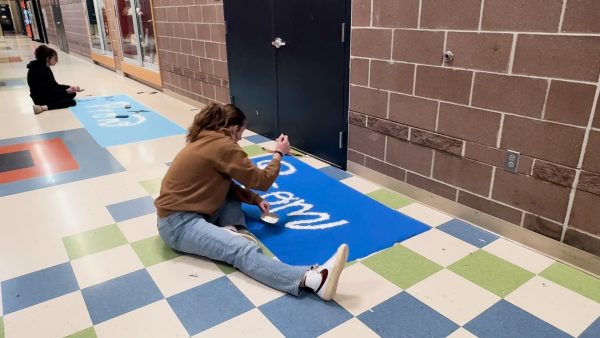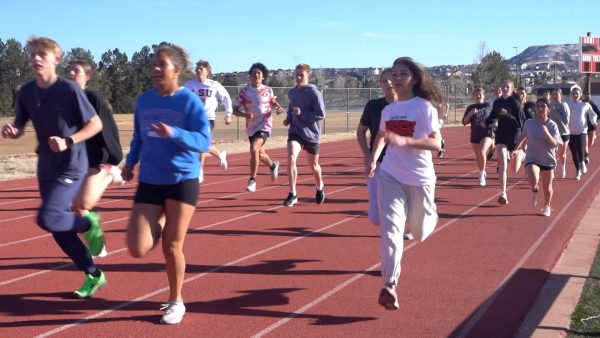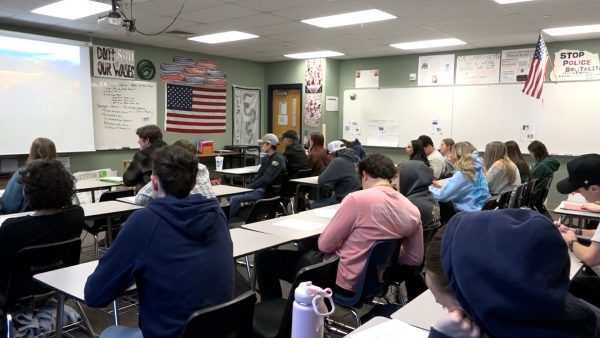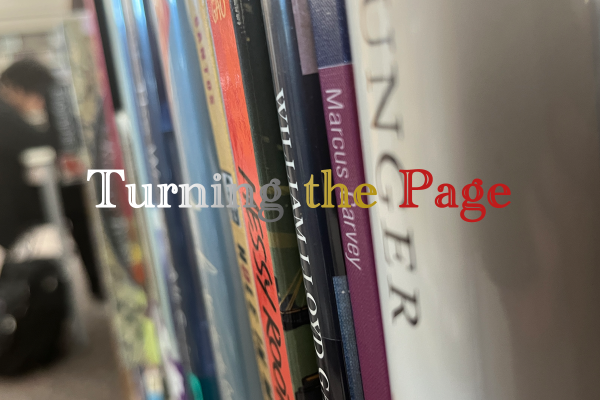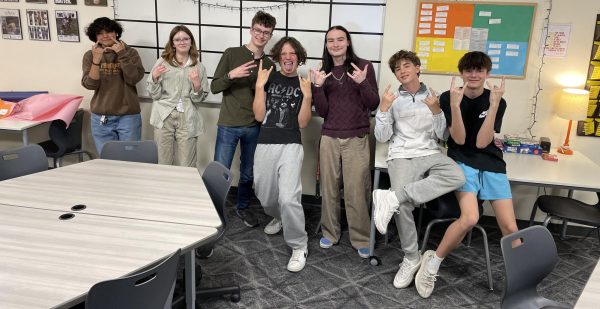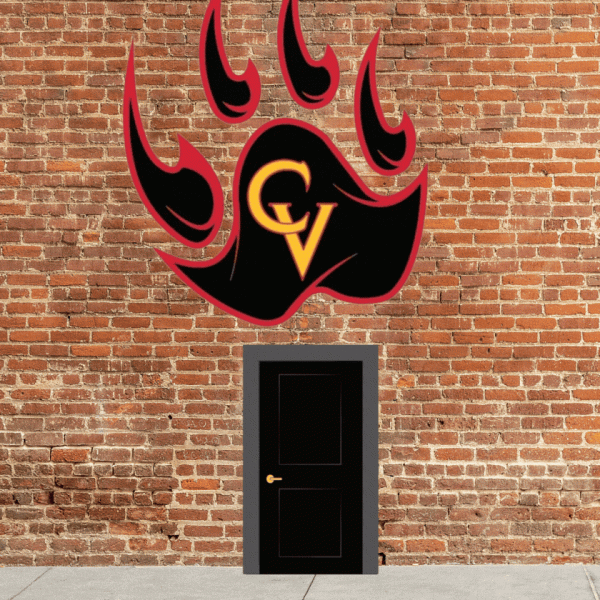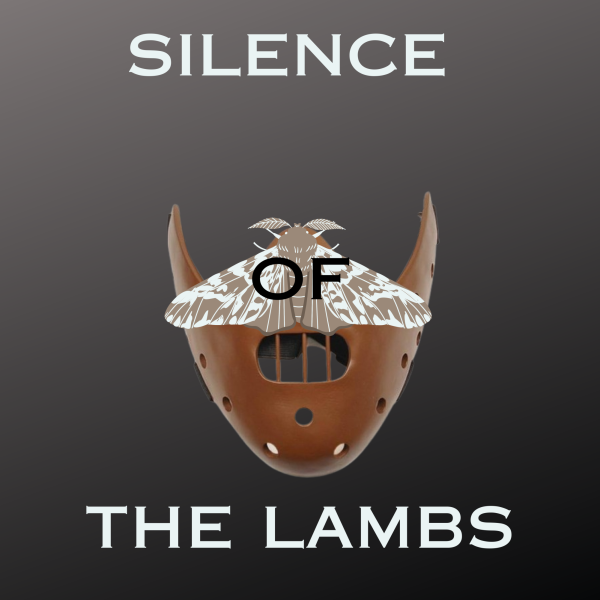Fighting Like a Girl
Madi Farley wants to become a Navy SEAL, but is concerned about obstacles for women
This year’s Women’s History Month (which takes place in March) is perhaps unique. For the first time in American history, the vice president is a woman, 1.2% more women have than men have bachelor degrees or higher (according to Statista), and the share of female officers in the Navy and Air Force are equal to men (according to the Pew Research Center). Madi Farley, a sophomore, believes this shows progress.
“I think our generation is definitely going to make a change. Women have done that and have done amazing things. It’s inspiring to see what they accomplished,” Farley said.
These changes are especially important to her. Farley dreams of going into a field that has long been male-dominated.
“I want to join the Navy SEALs. They opened that up to women in 2018. No woman has made it through basic training. I want to join to be one of the first women to go through and kick butt while doing that,” Farley said.
She’s concerned about barriers she might face pursuing this career.
“There’s not many women in [the military] and women should be able to do stuff like that, even though it’s a male-dominated field. Men aren’t necessarily stronger, but women typically have to work harder. It’s been a social norm for a very long time that women teach children and do closer to home jobs,” Farley said.
While great strides have been taken in gender equality, the problem is still largely at hand. According to UN Women, it will take another 130 years to achieve gender equality in the highest power positions at the current pace. In fact, female labor participation has declined by 2.8% since 2000 in the US and the COVID-19 pandemic has impacted working women much more negatively than men. UN Women points out that women still face the burden of working two or more jobs when factoring in childcare.
“There’s still a lot of stuff we need to get before we can stop fighting for it, like equal pay. Women should be respected and treated as professionals,” Farley said.
On average, women earn 81.6 cents for every dollar males earn, which is worse among Black and Hispanic women. Farley thinks this is a societal mindset we need to overcome.
“It’s just society saying you should go down this path, but you can do what you want to do. Say no. You got to keep working for what you want to work for. You can’t stop,” Farley said.
Farley values hard work as a means to achieve one’s loftiest goals.
“Hard work is a big deal, not only physically but also mentally. It’s mind over matter. Whatever you want, you gotta work hard for it. If it means you can do something better with your life, then go for it,” Farley said.
She also thinks that a lot of the stereotypes about femininity that spur inequality are outdated. Farley thinks that being a girl is more personal and dependent on identity than many might think.
“‘Feminine’ means a different thing to me, and there’s nothing wrong with that. It can mean whatever it feels like it means to you. I hate makeup. It makes me feel uncomfortable and like somebody I’m not. Being a girl is something that keeps changing and something I keep learning from and defining. One day, it could be about strength and not giving up, another day it could be about being vulnerable, and another it could be like, ‘walk it off’,” Farley said.
Keeping these things in mind, Farley thinks, will help girls achieve more for themselves. It has definitely helped her so far.
“I’m proud of myself for never stopping believing in myself and being strong when I need to, and fighting every day for where I want to go. I’ll get there someday,” Farley said. Achieving gender equality is something that would make the whole of society better, Farley believes. Until then, we have to keep rewriting the story.


